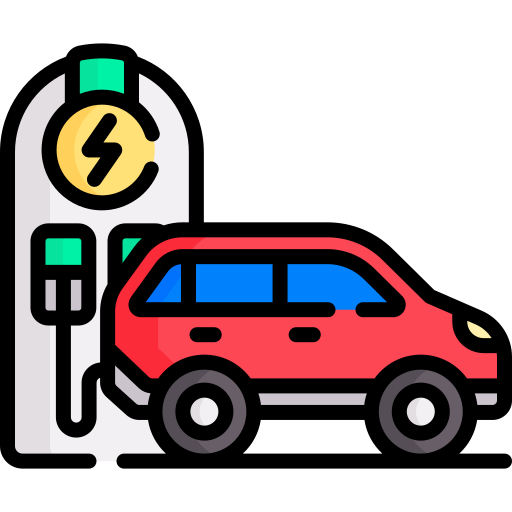- cross-posted to:
- unitedkingdom
- cross-posted to:
- unitedkingdom
cross-posted from: https://feddit.uk/post/6354036
The number of new cars registered in the UK has jumped by nearly 18% but electric vehicle demand is flatlining, prompting the industry to call for a VAT cut to stimulate sales.
Annual figures released by the Society of Motor Manufacturers and Traders (SMMT) on Friday show 1.9m new cars were registered last year, well up on the previous year’s figure of 1.6m and the highest level since the 2.3m registrations of 2019.
The increase is a boost for the automotive industry after the pandemic led to supply chain problems and a shortage of vital computer chips that slowed production.
Across the year, 315,000 new battery electric vehicles were sold. That was 50,000 more than 2022, but the number being bought as a share of total registrations failed to grow as expected. They represented just 16.5% of the total, slightly down on last year’s 16.6%.
This is the best summary I could come up with:
The number of new cars registered in the UK has jumped by nearly 18% but electric vehicle demand is flatlining, prompting the industry to call for a VAT cut to stimulate sales.
The increase is a boost for the automotive industry after the pandemic led to supply chain problems and a shortage of vital computer chips that slowed production.
After the latest figures showing the sector is still well short of that target and that the switchover is stalling, the SMMT is calling for the government to halve VAT on all new ZEV purchases across the next three years.
It has estimated the plan, which equates to an average of £4,000 per purchase, would save consumers a total of £7.7bn over the period and would put 250,000 extra ZEVs on the road by 2026.
Mike Hawes, the SMMT chief executive, said: “Government has challenged the UK automotive sector with the world’s boldest transition timeline and is investing to ensure we are a major maker of electric vehicles.
Superminis – small hatchbacks such as the Ford Fiesta and Vauxhall Corsa – continued to be the country’s most popular category of car, making up nearly 30% of all new vehicles.
The original article contains 632 words, the summary contains 198 words. Saved 69%. I’m a bot and I’m open source!
Going full EV will never happen with today’s tech. They just don’t meet the need of too many drivers outside the middle class. Unless you don’t need to take longer trips often and you can change at home, EVs suck.
PHEVs with 80 miles of range will be the sweet spot IMO.
I commute in a EV. About a 1000 miles a week, for about £23. It was about x10 that with the old diesel.
On average, once a month, there is a trip long enough to need a public charger. To be honest, maybe less than that. The EV we use for long customer trips give you easy 80 each way while still home charging.
Love my EV for my 90 mile rt daily commute. Home charging is cheap and easy. But taking it on long trips is stressful. Fast chargers are expensive, price varies wildly, and too often chargers are broken or theres a wait, and they are often in inconvenient places. The problem isnt the EV, its the shitty charging networks that will kill adoption.
I don’t think it will/can kill adoption, but it is slowing it. I’m pretty sure they have done the maths and set the kWh price to match fossil fuel costs as a “this is the most the market will pay”. Your a captive market as there isn’t near by competition and it’s like they have colluded to set the price high.
You save so much on normal running costs, the cost of the odd long trips are easily swallowed. But it is blatantly profiteering and is slowing adaptation as people think that is how they will refuel.




